Plumbing emergencies can be stressful and chaotic, but knowing what to do can help you manage the situation effectively and minimize damage to your property. Whether it’s a burst pipe, overflowing toilet, or severe leak, having a plan in place can make all the difference. Here are essential steps for handling a plumbing emergency, for home and business owners: 
Stay Calm and Assess the Situation
The first and most important step is to stay calm. Panicking can lead to hasty decisions that might exacerbate the problem. Take a deep breath and assess the situation. Identify the source of the problem and the severity of the damage. This initial assessment will guide your next steps.

Shut Off the Water Supply
Once you’ve identified the problem, the next step is to shut off the water supply to prevent further damage. Locate the main water shut-off valve in your property. It’s usually found near the water meter or where the main water line enters the building. Turn the valve clockwise to close it. If the emergency is localized, such as an overflowing toilet or leaking faucet, you can shut off the water supply to that specific fixture instead.
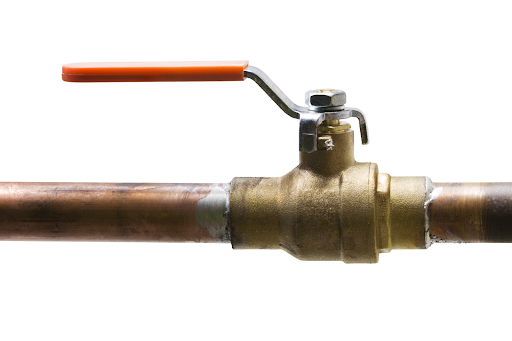
Turn Off the Water Heater
If your plumbing emergency involves a burst pipe or significant leak, it’s a good idea to turn off your water heater. This prevents damage to the unit and reduces the risk of overheating or pressure buildup. Locate the water heater’s shut-off valve and turn it off. For electric water heaters, you should also turn off the power at the circuit breaker.
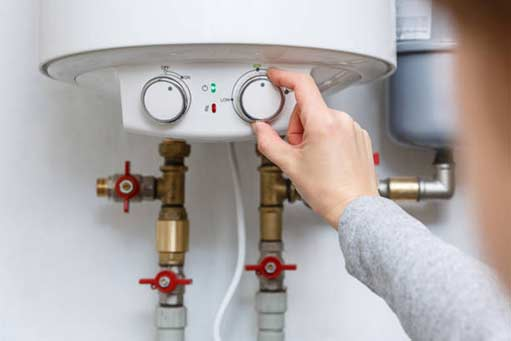
Open Faucets and Drains
After shutting off the water supply, open all faucets and drains to drain any remaining water from the pipes. This can help relieve pressure and reduce the risk of further leaks. Make sure to open both hot and cold water faucets.
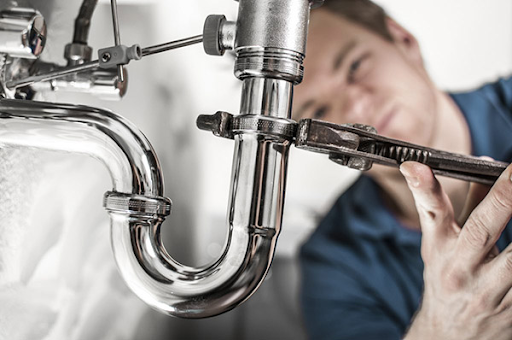
Contain the Water
If water is flooding your property, take steps to contain it and prevent further damage. Use towels, buckets, or a wet/dry vacuum to remove standing water. Place towels or rags around the base of the affected area to absorb water and protect your flooring and belongings.
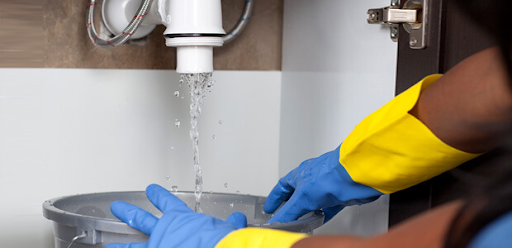
Identify and Address Minor Leaks
While waiting for professional help, you can take temporary measures to address minor leaks. Use plumber’s tape, pipe clamps, or rubber patches to seal small leaks in pipes. These temporary fixes can help control the situation until a plumber arrives.
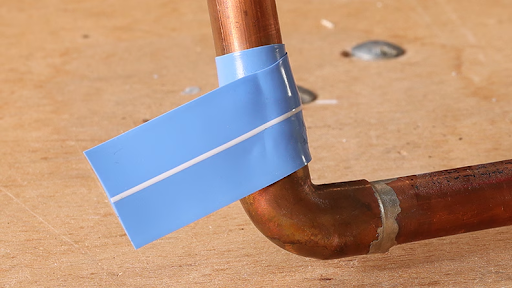
Call a Professional Plumber
Even if you’ve managed to control the immediate issue, it’s important to call a professional from Colony Heating & Cooling to assess and repair the damage. Provide detailed information about the situation and the steps you’ve already taken. Our experienced plumbers have the expertise and tools needed to fix the problem and prevent future issues.
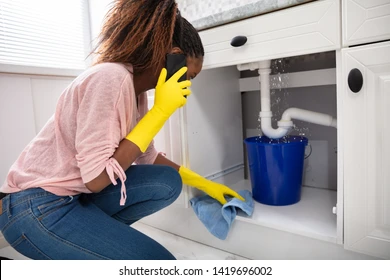
Document the Damage
If the plumbing emergency has caused significant damage to your property, document it for insurance purposes. Take photos and videos of the affected areas, including any water damage to walls, floors, and belongings. This documentation will be helpful when filing an insurance claim.
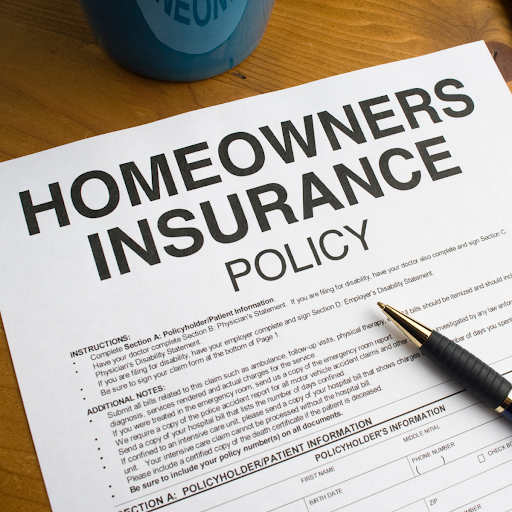
Contact Your Insurance Company
Depending on the extent of the damage, you may need to contact your insurance company. Review your insurance policy to understand what is covered. Report the incident and provide the documentation you’ve collected. An adjuster may be sent to assess the damage and determine the next steps for your claim.
Prevent Future Plumbing Emergencies
Once the immediate crisis is resolved, take proactive steps to prevent future plumbing emergencies. Here are some preventative measures:
Regular Inspections: Schedule routine inspections of your plumbing system by a professional plumber to identify and address potential issues before they become emergencies.
Maintain Your Water Heater: Regularly inspect and maintain your water heater to ensure it’s functioning properly. Flush the tank annually to remove sediment buildup.
Insulate Pipes: In colder climates like Iowa, insulate your pipes to prevent freezing and bursting during winter months. Use pipe insulation or heat tape as needed.
Fix Leaks Promptly: Address minor leaks and drips promptly to prevent them from becoming major problems. Ignoring small issues can lead to significant damage over time.
Know Your Plumbing System: Familiarize yourself with the layout of your property’s plumbing system, including the location of shut-off valves. This knowledge can be invaluable during an emergency.
Handling a plumbing emergency requires a calm and methodical approach. By knowing the steps to take, you can effectively manage the situation, minimize damage, and ensure a swift resolution. Remember to shut off the water supply, contain the water, call a professional plumber, and document the damage. Taking preventative measures can also help you avoid future plumbing emergencies, giving you peace of mind and protecting your home or business. At Colony, our trained technicians are available to service the residential, commercial and industrial needs of the Cedar Rapids and surrounding communities 24 hours a day, 7 days a week, 365 days a year. Call the guys you can trust at Colony Heating & Cooling when you face a plumbing emergency.

